Gluten-Free Diet Benefits and Risks: A Complete Guide for Beginners
You might have heard about it from one of your fitness-obsessed friends or spotted it on restaurant menus, the gluten-free diet benefits and risks are becoming a hot topic. But do you think going gluten-free is just a trendy health choice or a genuine game-changer for your well-being? In this beginner-friendly guide, we are going to dive into the real deal — why some people swear by it, what science says, and whether it’s the right fit for you. You can check out more articles at GlutenfreeDietBook.
What Is Gluten Anyway?
Let’s dispense with one thing first: Gluten is a protein in wheat, barley, and rye. It’s what makes bread chewy and allows it to rise. For the majority of people, it’s no big deal. But for others, it can cause health problems ranging from mild annoyance to full-blown digestive disorders.
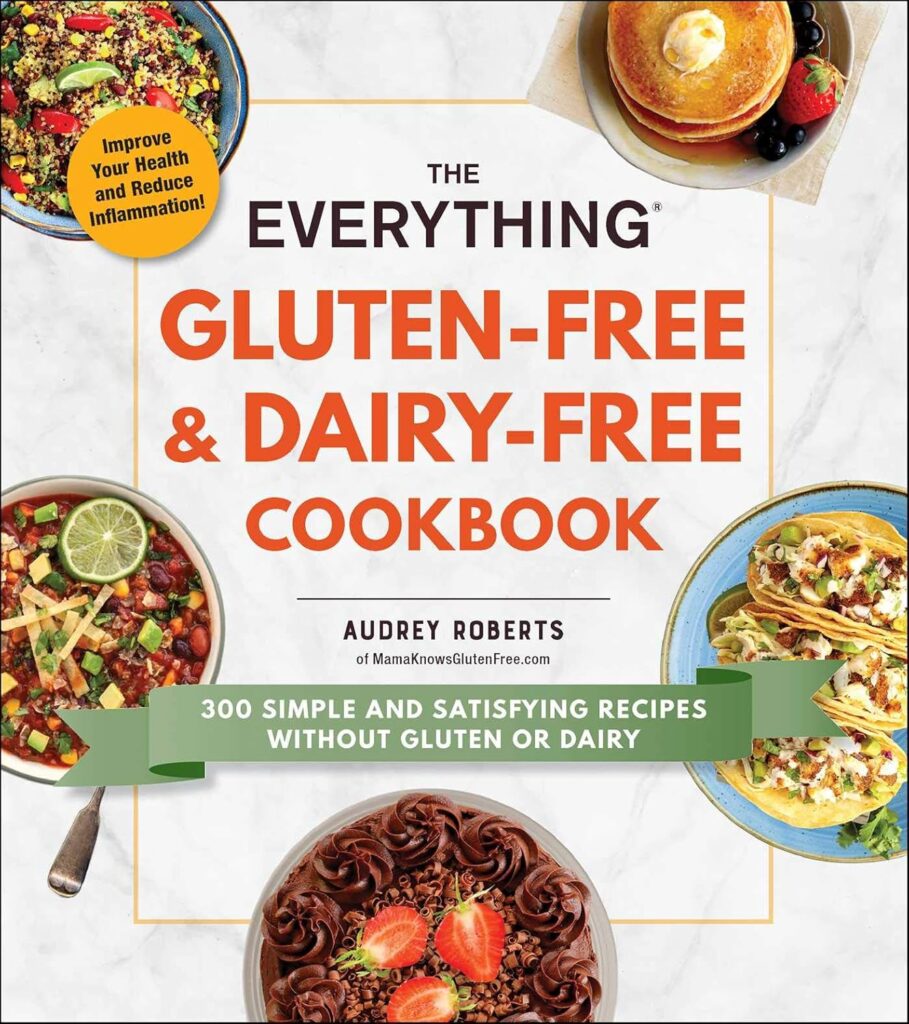
Why Do People Follow a Gluten-Free Diet?
This is what’s fueling the gluten-free trend:
- Celiac Disease: An autoimmune condition where gluten damages the small intestine.
- Gluten Sensitivity: Not celiac, but still causes bloating, fatigue, and brain fog.
- Health and Lifestyle: Some people feel lighter, more energetic, or less bloated off gluten.
So, is it a magic bullet for better health? Let’s break down the gluten-free diet benefits and risks in detail.
Also read – Gluten-Free Diet Plan for Weight Loss: 7-Day Meal Guide That Works
The Benefits of a Gluten-Free Diet
1. Relief from Digestive Issues
Individuals with celiac disease or gluten sensitivity tend to see a dramatic reduction in bloating, gas, and diarrhea after giving up gluten.
2. Enhanced Energy Levels
Fatigue is a prevalent symptom in those with a gluten sensitivity. Removing gluten can make you feel more alert and focused.
3. Enhanced Skin Health
Research and user testimony have connected gluten to skin issues such as eczema or acne. Becoming gluten-free might improve skin texture.
4. Weight Loss (Occasionally)
Eliminating processed wheat foods such as pastries and pasta tends to produce healthier eating and can help with weight loss.
Summary of Benefits and Risks of a Gluten-Free Diet
| Benefits | Risks |
|---|---|
| Less bloating and digestive relief | Nutritional deficiencies (B12, Iron, Fiber) |
| Stable energy levels | Increased expense of gluten-free foods |
| Less acne in some individuals | Fewer food choices, particularly when dining out |
| Can assist in the management of autoimmune symptoms | Danger of consuming excessive amounts of processed GF junk food |
The Risks of a Gluten-Free Diet
1. Nutrient Deficiencies
Gluten foods are often high in fiber, B vitamins, and iron. If they are eliminated without their nutrients, it will cause deficiencies.
2. Heavily Processed Alternatives
Simply because a muffin is gluten-free does not necessarily mean that it’s healthy. A lot of gluten-free food is filled with sugar, starch, and artificial ingredients.
3. Expense and Accessibility
Let’s get real—gluten-free foods can run almost twice the price of their gluten-laden competitors. And eating out turns into a detective mission rather than a dinner outing.
4. Unnecessary Restriction
Unless you have gluten sensitivity or celiac disease, there’s no concrete evidence that removing gluten is better for you. You could be solving a problem you didn’t even have.
Who Should Actually Go Gluten-Free?
If you have celiac disease or non-celiac gluten sensitivity (NCGS), then a gluten-free diet isn’t a preference—it’s a necessity. Signs of sensitivity are:
- Brain fog
- Chronic fatigue
- Joint pain
- Bloating
- Headaches
If you suspect a gluten problem, don’t try to diagnose yourself. Get yourself tested before undertaking any diet overhaul.
Tips for Going Gluten-Free (Without Losing Your Mind)
- Read Labels Like a Hawk – Gluten hides in sauces, seasonings, and snacks.
- Stock Up on Whole Foods – Naturally gluten-free foods such as fruit, vegetables, lean proteins, legumes, and rice are your best bets.
- Discover Super Substitutes – Quinoa, millet, buckwheat (yes, despite what the name suggests) and oats (gluten-free certified) can be good substitutes.
- Avoid Relying on Packaged “GF” Products – Processed gluten-free foods sometimes fall short of their original counterpart.
- Balance Your Nutrition – Ensure you’re consuming enough fiber, iron, and B vitamins from alternate sources.
Frequently Asked Questions
Q: Can going gluten-free aid in weight loss?
A: At times. It has more to do with what you replace gluten with. If you substitute cookies with quinoa, yes. If you substitute bread with gluten-free cookies—most likely not.
Q: Is gluten bad for everyone?
A: Nope. As long as you don’t have celiac disease or sensitivity, gluten is okay and contains nutrients when taken in limited amounts.
Q: What are naturally gluten-free foods?
A: Rice, potatoes, corn, quinoa, fruits, vegetables, eggs, meat, legumes, and dairy (unprocessed).

Conclusion:
There is no one-size-fits-all when it comes to diet. The gluten-free diet benefits and risks will be vastly different based on your body, lifestyle, and health requirements. For those with celiac or sensitivity, getting off gluten is a game-changer. For others, it may be a useful temporary cleanse or a transition to more thoughtful eating. Just don’t get on the bandwagon without doing your homework (and preferably consulting a doctor or nutritionist).
Also read – Symptoms of gluten intolerance vs celiac disease: Key Differences You Must Know
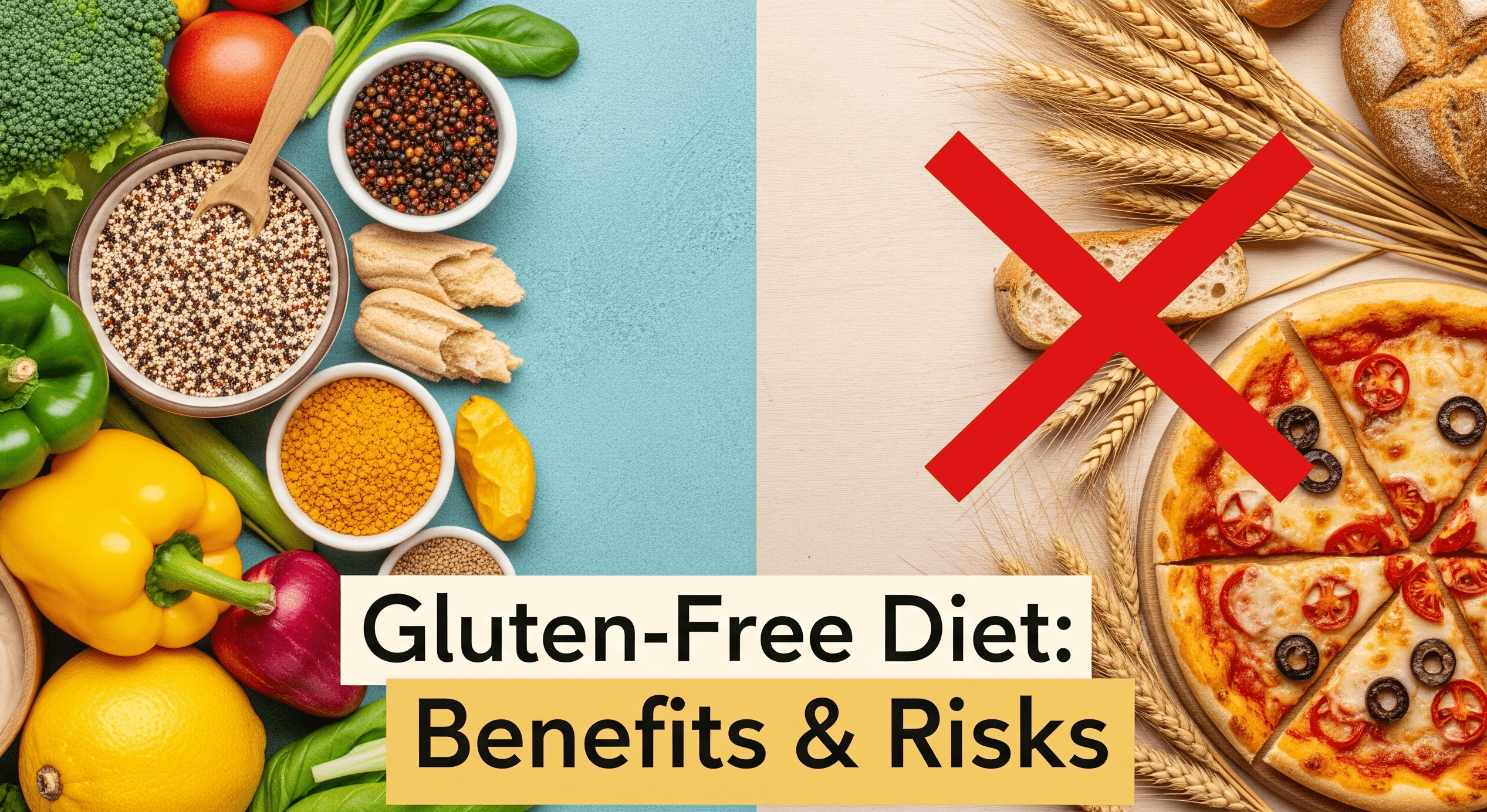
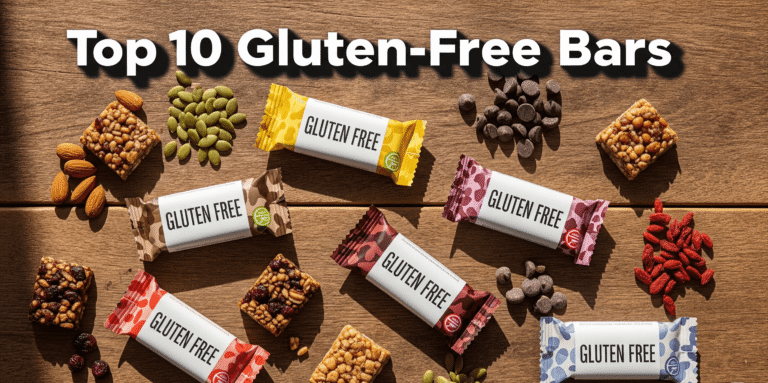

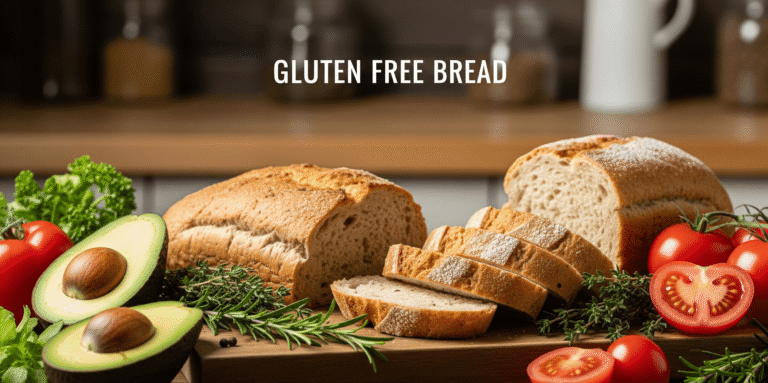

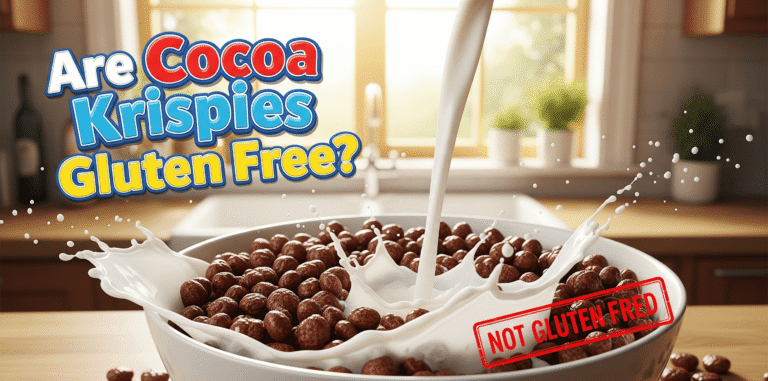

2 Comments